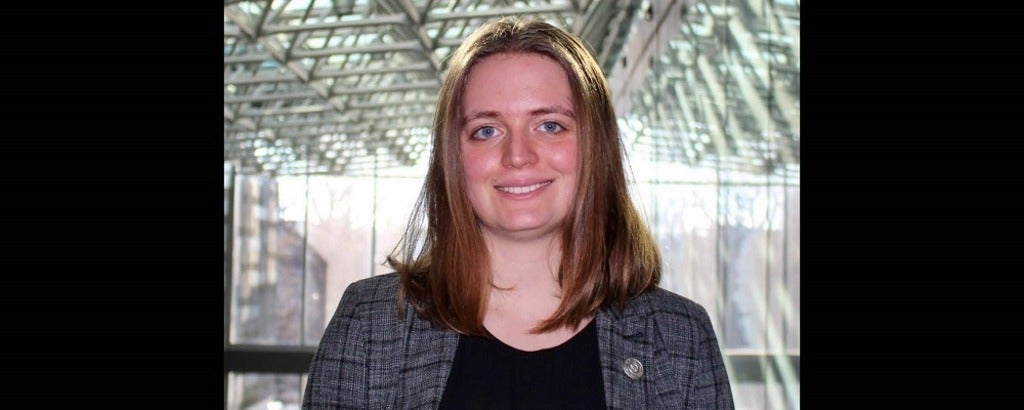From Waterloo to Paris: A quantum leap
Nanotechnology Engineering (NE) alumnus, Edgar Cao (BASc 2011) is currently working in Paris, France for a company called Nexdot, which specializes in the development of Quantum Dots and their application in industry.
Cao was in the second class accepted into the newly launched NE Program in 2006. His journey in nanotechnology engineering has taken him across continents, industries and disciplines, rooted in the foundations he built at UWaterloo's NE Program.
Today, Cao is a Senior Project Manager at Nexdot, where he works at the interface of materials science, diagnostics, and biotechnology.
A culture of possibilities
For Cao, his co-op experience in the NE Program was an integral part of his career development. He went from doing research in academic labs, to working at a tech transfer hub, to quality testing, to product development in industry. Having worked in the automotive sector and agricultural research and development, his experience sparked his longer-term goal of working on product development projects.





